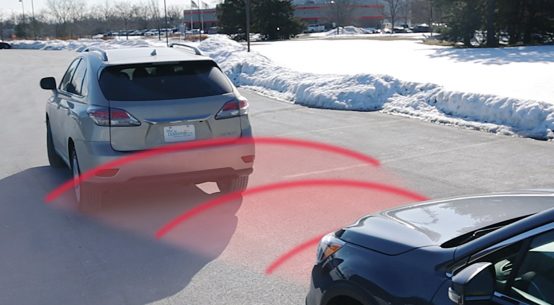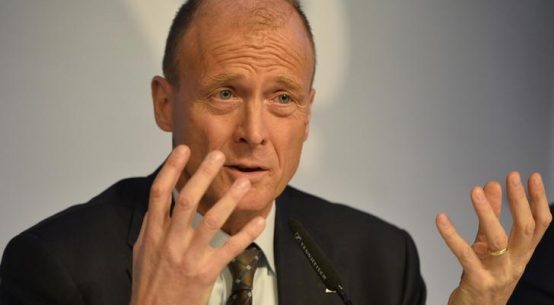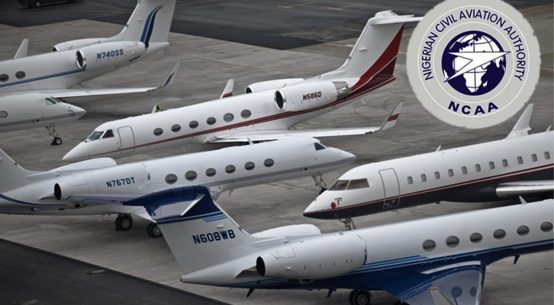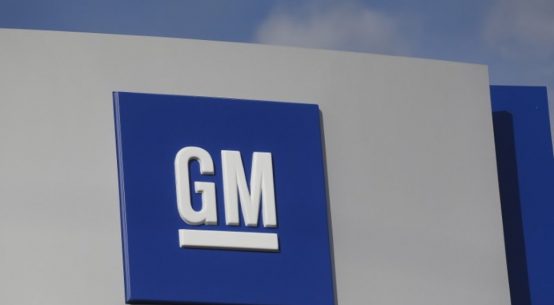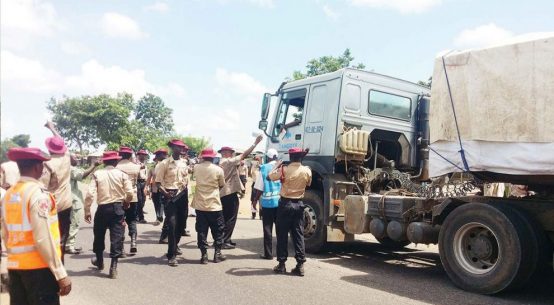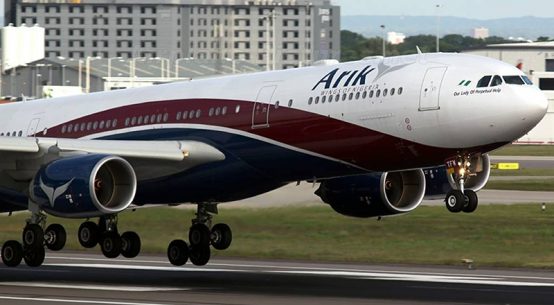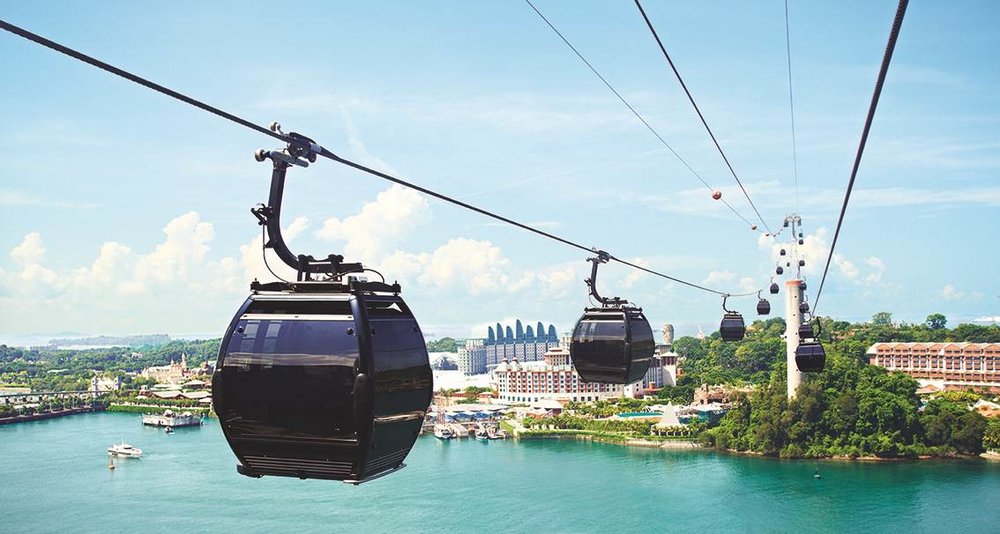
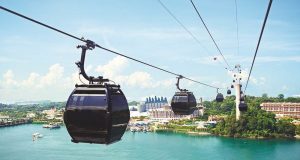
Construction of a Sh5.5-billion cable car at the Likoni crossing linking Mombasa Island and the mainland will start in December.
The express link will ease traffic jam, boost tourism and address the regular ferry breakdowns on the Likoni Channel.
Kenya Ferry Service Managing Director Bakari Gowa said the construction will start at the end of the year. The construction will take 18 months and we are assured that we will be able to deal with the congestion once the project is complete,” said Mr Gowa.
Tourism stakeholders at the Coast have lauded the proposed Likoni Channel Cable Car Project, saying delays in tourist arrivals to and from the South Coast from Moi Airport and other designated areas will come to an end once the system comes into operation.
Tourists who had been missing flights due to huge and slow traffic flow across the channel will now be able to get to their hotels and tourist attractions in time once the system becomes operational in 2018. “Kenya will now join other cities with aerial transport system; this will not only offer transportation services, but also attract tourists,” said Mohamed Hersi, Kenya Coast tourism Association Chairman.
KFS managing director last week announced that the privately-funded project, which will help in reducing logjams at the Likoni Ferry crossing channel in Mombasa, will start before the end of the year.
Users will pay about Sh20 and Sh50 during peak hours to make the cable crossing. The plan is to erect a suspended 1,300-metre-long cableway linking Mombasa Island to the South Coast.
The concession period will last for 25 years, after which the investor is expected to have recovered their cost and hand the project over to the government.
It will have up to 28 cabins crossing every three minutes carrying about 40 people, facilitating 11,000 commuters per hour to cross the channel. “Construction works will commence before the year ends.
The project will ease congestion and provide an alternative transportation of tourists and ease the huge traffic jams,” said Gowa. He spoke at a joint press briefing last week with Mombasa county commissioner Evans Achoki and Kenya Maritime Authority (KMA) state control officer Mbarak Zaunga.
“The infrastructure will be a tourist attraction in itself as it offers panoramic views of Mombasa from 100 metres above sea level,” he said. The public-private-partnership (PPP) project will be supervised by Trapos Limited, who proposed the idea to the Transport ministry in 2013 and saw it approved by the PPP Committee as required by law.
The cable car project was initially estimated to cost Sh7.4 billion (70 million Euros). KFS says the project will cost $41 million (Sh3.8 billion), excluding the cost of a feasibility studies.
Unlike the northern side of Mombasa, which is linked by bridges at Nyali, Mtwapa, Kilifi and Sabaki, the South depends solely on ferry crossings at Likoni and Mtongwe. Two new ferries worth Sh1.3 billion being built in Turkey for use between the island and South Coast mainland arrive later this year.
The Ministry of Transport is banking on the installation of cable cars across the Likoni channel and the construction of the Dongo Kundu by-pass to improve connectivity to the mainland in Mombasa. The by-pass will be constructed under the Mombasa Port Area Road Development Project (MPARD) that aims to curb traffic congestion. The route will pass south of the Moi International Airport and west of the Port Reitz harbour before turning south.
The road will link Miritini on the mainland to Ng’ombeni in the south and include four bridges. It will also connect the Likoni-Diani highway, The first phase of the project will focus on the highway from Miritini, west of the Moi International Airport to Vumirirani, according to the master plan. Two large bridges will be constructed including a 495m span over water at Mkupe and a 1,360m span at Dongo Kundu.In the second phase, the government will focus on improving roads on the mainland, including a key six kilometre link from the new container terminal to the southern by-pass.



